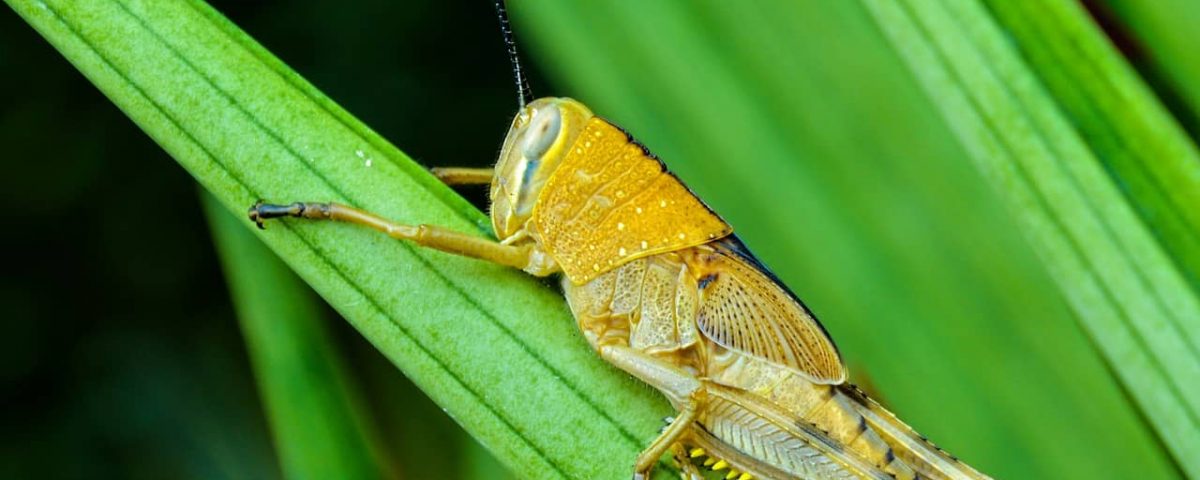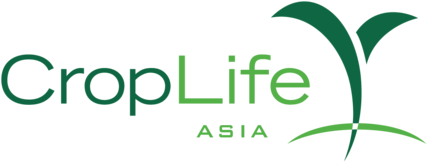CropLife Asia Promotes Role of Plant Science & Benefits to Thailand Farmers at Tech4Farmers Asia 2.0

B angkok, 14 September 2017 – Dr. Siang Hee Tan, Executive Director of CropLife Asia, participated today at the Tech4Farmers Asia 2.0 event held in Bangkok. He took part on a panel looking at the issue of ‘Creating an Enabling Environment for Market Access’<./p>
“The population in Asia is projected to have one billion more people by 2050,” said Dr. Siang Hee Tan, Executive Director of CropLife Asia. “Our farmers need to produce more food to feed a growing world while coping with the pressures of weeds, pests, disease, less arable land, fewer natural resources, and a changing climate. That’s a tall order. The innovations of plant science have a significant role to play in Asia – and the regulatory frameworks to support their access to farmers are a key component.”
The population in Asia is projected to have one billion more people by 2050,” said Dr. Siang Hee Tan, Executive Director of CropLife Asia. “Our farmers need to produce more food to feed a growing world while coping with the pressures of weeds, pests, disease, less arable land, fewer natural resources, and a changing climate. That’s a tall order. The innovations of plant science have a significant role to play in Asia – and the regulatory frameworks to support their access to farmers are a key component.
Thailand’s estimated 13 million smallholder farmers continue to face unique obstacles that make their work particularly challenging – with climate and weather-related factors near the top of the list. In 2016, Thailand registered its second warmest year in 65 years of record-keeping, whereas 2017 has been marked by damaging floods that have impacted Thailand.
A host of other obstacles plague growers in Thailand, and crop protection technology is helping them mitigate these as well. Specifically, Thailand smallholder farmers rely on crop protection products to prevent pests, disease and weed pressures from damaging their crops and limiting their harvests. All told, 50% of the world’s food production would be lost to pests, disease and weeds if not for the innovations of crop protection technology.
Crop protection products also play a key humanitarian role in aiding Thailand’s smallholder farmers. The responsible and safe use of herbicides helps lift the burden of the out-of-date and inefficient practice of hand weeding. In the absence of herbicides, hand weeding just one hectare takes roughly 126 hours and requires walking about 10 km in a stooped position. Eliminating the need for this back-breaking practice has been greatly beneficial to the health of many of Thailand smallholder farmers as well as their families.
Today’s Tech4Farmers Asia 2.0 event was conducted at the Renaissance Bangkok Ratchaprasong Hotel and was part of the Asia Agricultural Innovation Summit Series. The ‘Creating an Enabling Environment for Market Access’ panel explored what it takes for technology to survive and thrive in the marketplace, what are the common market access barriers, policy consideration, and other challenges.
About CropLife Asia
CropLife Asia is a non-profit society and the regional organization of CropLife International, the voice of the global plant science industry. We advocate a safe, secure food supply, and our vision is food security enabled by innovative agriculture. CropLife Asia supports the work of 15 member associations across the continent and is led by eight member companies at the forefront of crop protection, seeds and/or biotechnology research and development. For more information, visit us at www.croplifeasia.org.
For more information please contact:
Duke Hipp
Director, Public Affairs
CropLife Asia
Tel: (65) 6221 1615
